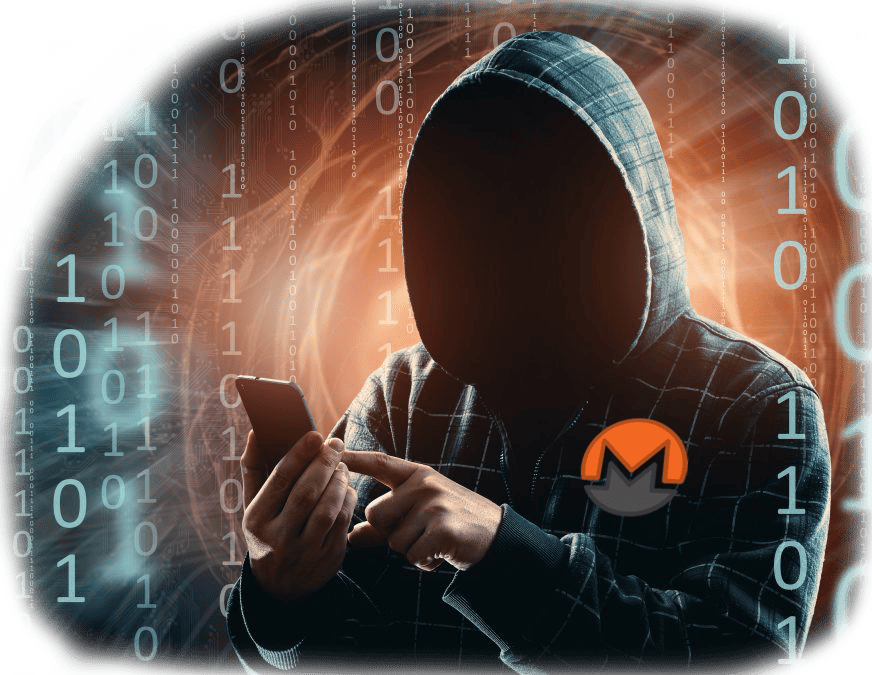Learn Hacking: A Beginner’s Guide to Cybersecurity Skills
Learn Hacking: A Beginner’s Guide to Cybersecurity Skills
Blog Article
In today's digital age, coughing has changed from the shadowy training to a sought-after skill set that powers cybersecurity and innovation. If you've ever wondered what it will take to become a how to become a hacker, you're maybe not alone.
Knowledge Pc Programs
To begin your hacking trip, it's critical to have a strong knowledge of pc systems. This calls for understanding how operating systems like Windows, Linux, and macOS purpose and how they manage sources and processes. Familiarity with record methods, networking standards, and command-line interfaces can inspire one to detect and exploit process vulnerabilities effectively.

Furthermore, learning programming languages like Python, C++, or Java is vital. These languages allow you to produce programs and tools required for transmission testing and automation. By learning these languages, you'll manage to realize, alter, and develop code that may detect and address security flaws.
Networking and Safety Concepts
An extensive knowledge of network is yet another essential ability for future hackers. Understanding the intricacies of TCP/IP protocols, subnetting, and firewalls lets you maneuver through networks seamlessly. This understanding is essential for identifying flaws in network structure, paving the way in which for honest coughing practices.
Security ideas, such as encryption, authorization, and authorization, are similarly important. Researching these methods can help you defend sensitive and painful data while moving internet landscapes. Getting expertise in cryptography allows you to safeguard knowledge and connect safely, which will be simple in ethical hacking endeavors.

Problem-Solving and Diagnostic Abilities
Hacking is frequently about fixing complex problems, creating problem-solving and systematic abilities indispensable. Critical considering allows you to identify vulnerabilities, determine dangers, and develop revolutionary solutions. An diagnostic attitude allows you to dissect issues into workable pieces, rendering it easier to undertake security difficulties effectively.
By improving your problem-solving qualities, you'll become successful at understanding the interaction between different program components. That understanding can help you develop unique methods to breach defenses ethically and responsibly, causing increased cybersecurity measures.
In summary, learning to be a hacker takes a mixture of complex expertise, curiosity, and a responsibility to honest practices. By developing a serious comprehension of computer techniques, marketing, and safety methods while focusing your problem-solving abilities, you'll be well-equipped to flourish in the world of hacking. Remember, the main element lies in continuous understanding and adapting to the ever-evolving digital landscape.
Report this page